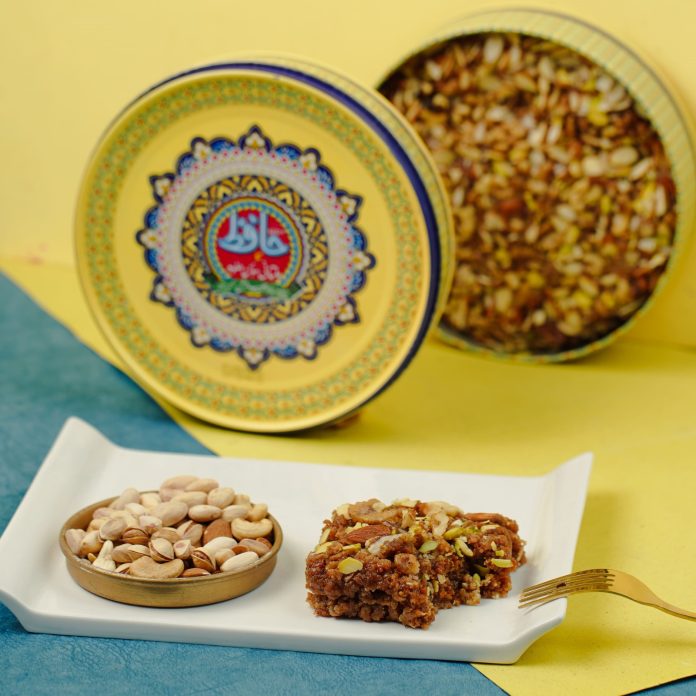Multan, often referred to as the “City of Saints,” holds a treasure trove of cultural and historical significance. Beyond its architectural marvels and Sufi shrines, this city in southern Pakistan has made a mark with its culinary artistry. At the heart of Multan’s gastronomic identity lies a unique delicacy: Hafiz Ka Multani Sohan Halwa. Known for its intricate preparation and unparalleled flavor, this traditional sweet embodies the essence of Multan’s rich heritage.
Preserving a Time-Honored Craft
The origins of Sohan Halwa in Multan trace back several centuries, believed to have emerged during the Mughal era. Over the years, many families in Multan have preserved the craft of making this sweet, passing down recipes and techniques from one generation to the next. Among these, Hafiz Ka Multani Sohan Halwa has earned a reputation for maintaining the authentic essence of this dessert.
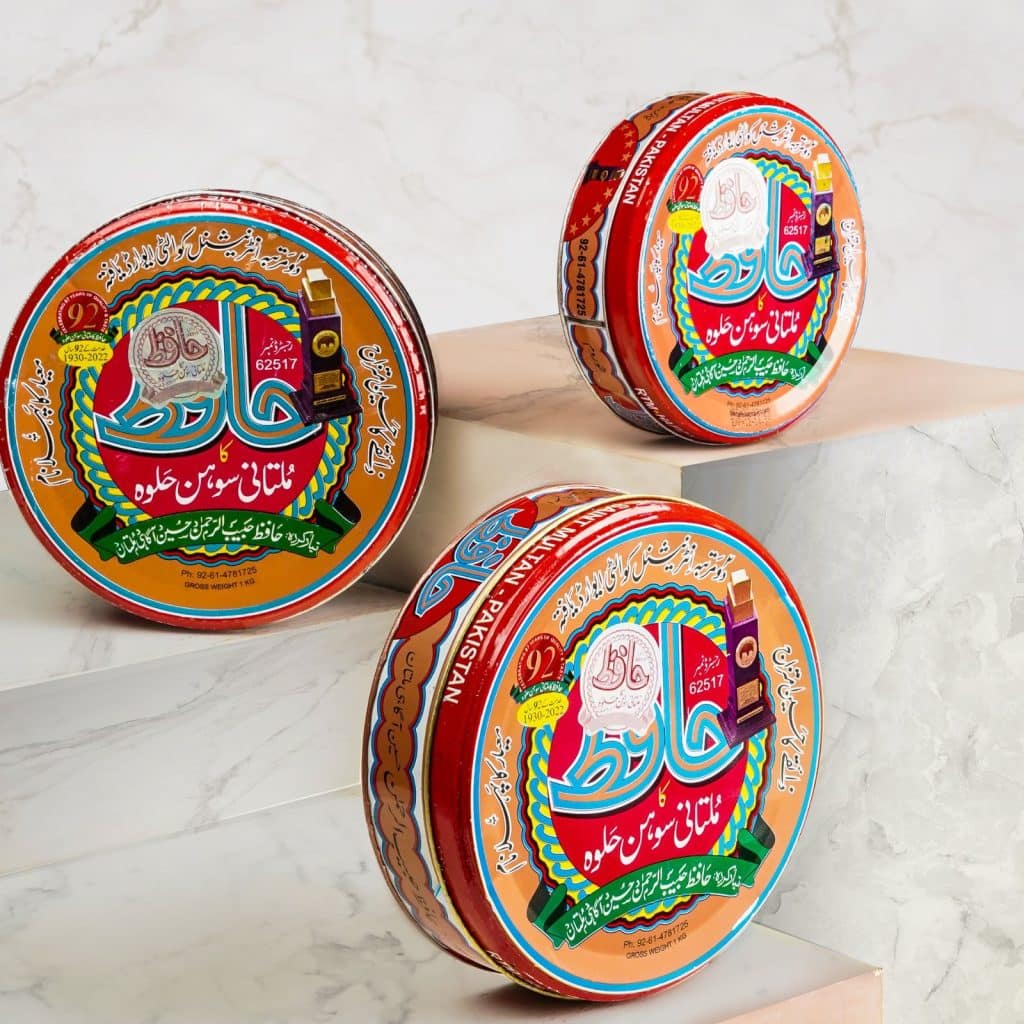
Crafted with precision and patience, this halwa exemplifies the artisan’s dedication. Its preparation involves slow cooking a mixture of wheat flour, sugar, pure desi ghee, and locally sourced nuts. Each batch is made with care, ensuring the distinctive texture and flavor that set it apart from other regional sweets. For decades, Hafiz Ka Multani Sohan Halwa has stood as a symbol of this culinary tradition, embodying the values of authenticity and excellence.
From Multan to the World
What makes Hafiz Ka Multani Sohan Halwa remarkable is its ability to transcend geographical boundaries. While deeply rooted in Multan’s history, the delicacy has found a global audience. It is not just a dessert but a representation of Pakistan’s rich and diverse culinary culture. Visitors to Multan often consider it an esser part of their experience, taking back the halwa as memento of the city’s flavors.
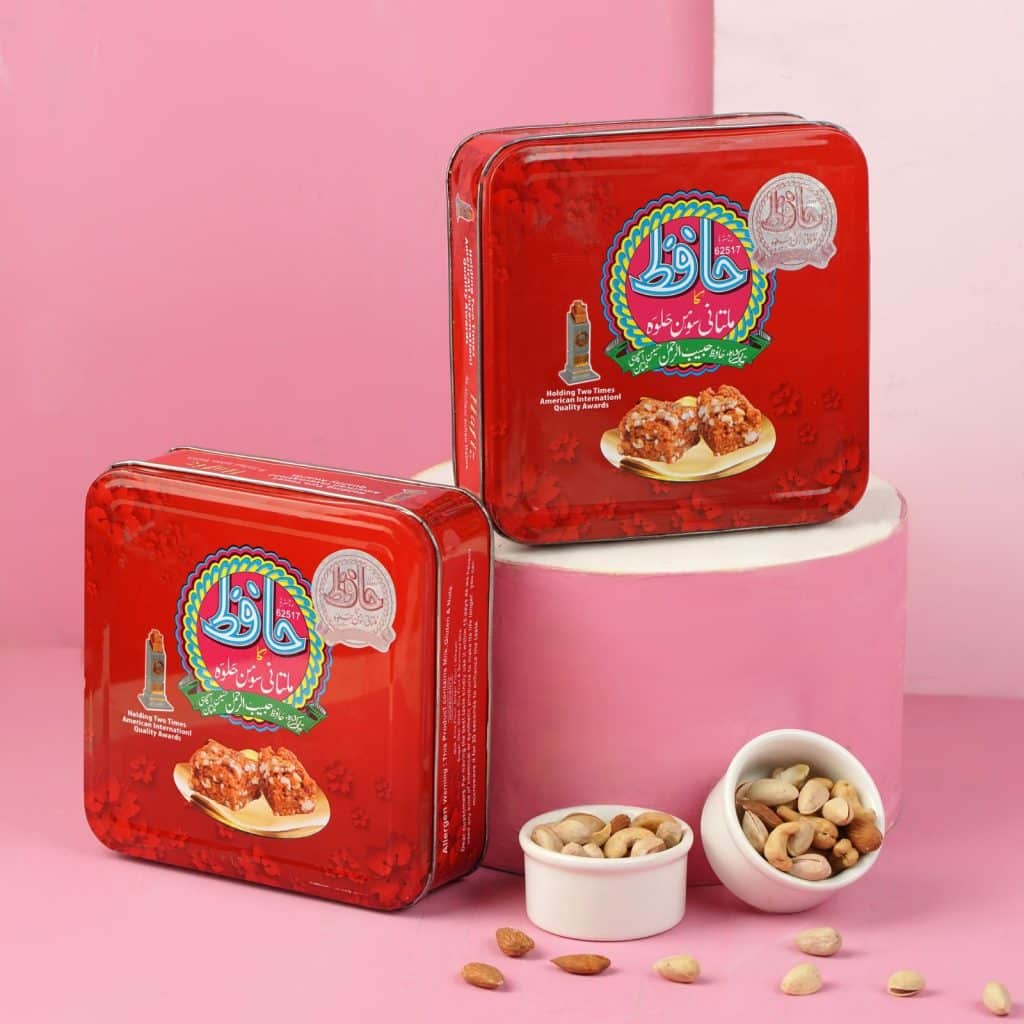
The growing demand for traditional foods in international markets has also brought Sohan Halwa into the spotlight. Its appeal lies in its simplicity and authenticity-qualities that resonate with those seeking a connection to traditional, artisanal products. While adapting to modern production methods to ensure consistency and quality, brands like Hafiz Ka Multani Sohan Halwa have preserved the core elements that define this sweet’s legacy.
The Role of Culinary Heritage in Identity
Beyond its taste, Sohan Halwa holds cultural significance. It is deeply intertwined with the identity of Multan, often associated with festivals, family gatherings, and celebratory occasions. The labor-intensive process of its creation reflects a commitment to craft that goes beyond commercial motives-it’s a testament to the artisans’ respect for tradition.
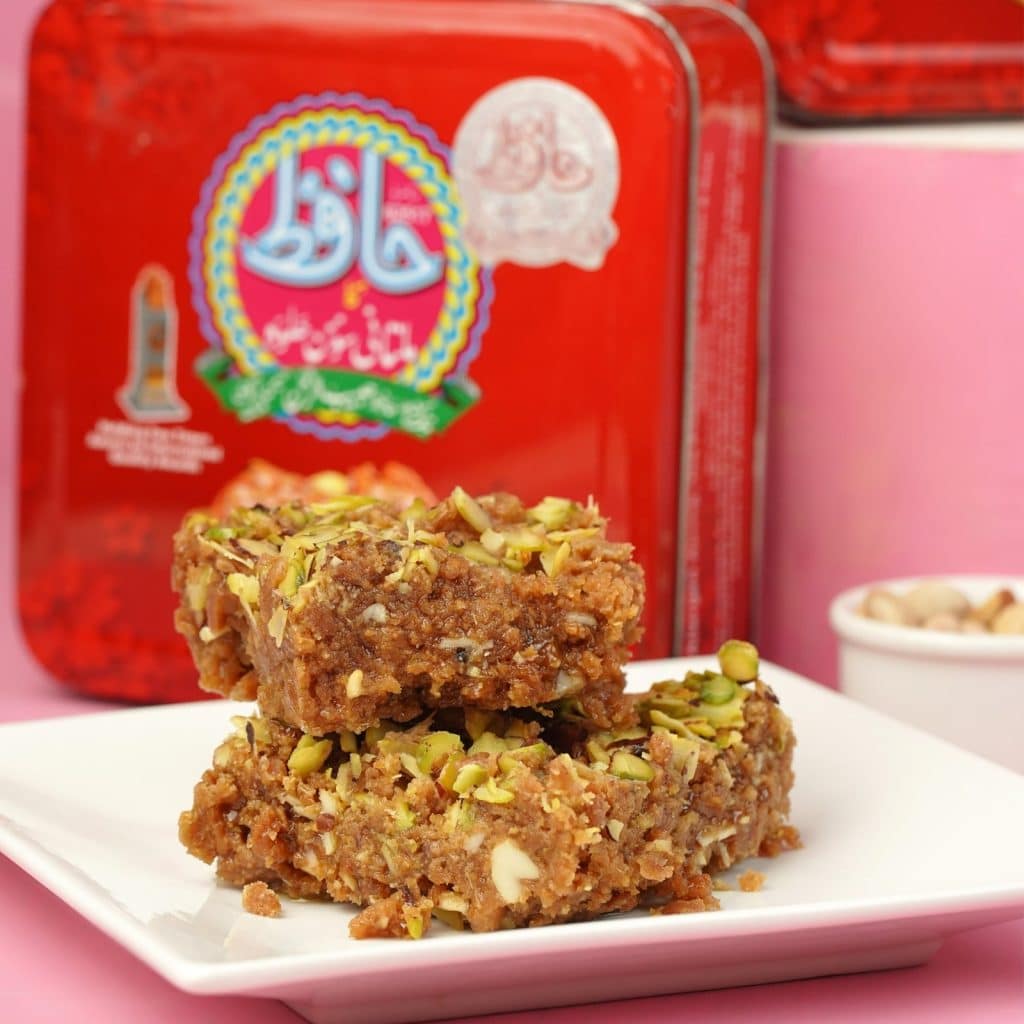
In an era dominated by fast food and mass production, Hafiz Ka Multani Sohan Halwa serves as a reminder of the value of heritage. By staying true to its roots, it has not only preserved an ancient recipe but also offered a narrative of cultural resilience. Its success illustrates how traditional foods can adapt to modern demands without losing their authenticity.
Looking Ahead
As global interest in culinary tourism and artisanal products continues to grow, there is a renewed appreciation for sweets like Hafiz Ka Multani Sohan Halwa. It represents more than a culinary delight-it is a piece of history and a symbol of a city’s enduring legacy.
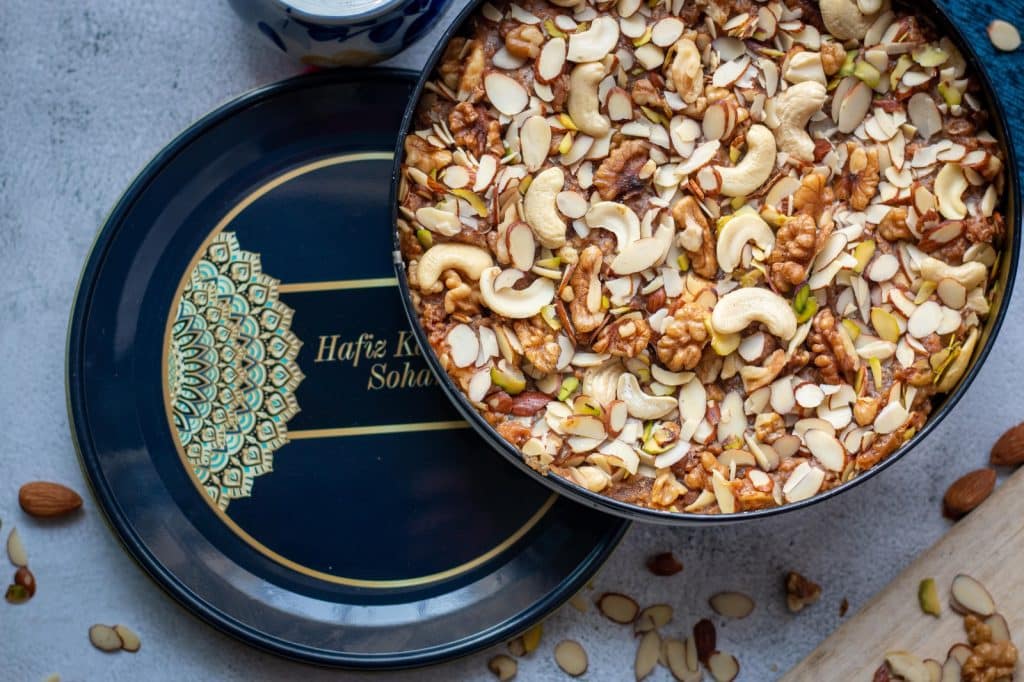
In today’s interconnected world, where traditional practices often risk being overshadowed by modern innovations, the survival and success of Hafiz Ka Multani Sohan Halwa offer valuable lessons. It demonstrates how cultural heritage, when preserved and celebrated, can become a bridge between the past and the present, connecting people across borders and generations.
Hafiz Ka Multani Sohan Halwa is not just sweet-it is a testament to the enduring charm of tradition. As it continues to delight taste buds and tell the story of Multan’s history, it reminds us that sometimes, the most profound connections are forged over something as simple as a bite of halwa.


